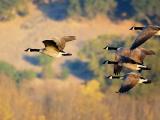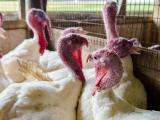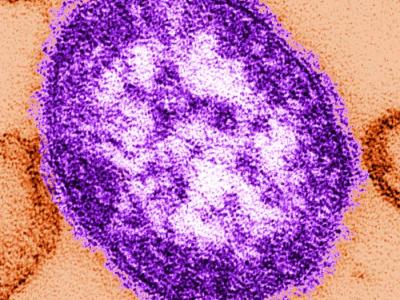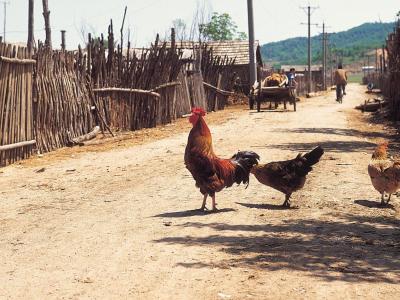Aug 25, 2005 (CIDRAP News) – European veterinary experts who met in Brussels today concluded there is little immediate risk that wild birds will spread avian influenza from Russia into Europe.
Accordingly, the experts determined it is not necessary to follow the precaution taken by the Dutch this week of banning the raising of poultry outdoors, according to a statement from the European Union (EU) Commission. But the group did call for increased surveillance of migratory birds.
The Brussels meeting was triggered by the recent spread of H5N1 avian flu into Kazakhstan, parts of southern Siberia, and as far west as the southeastern flank of the Ural Mountains, which divide Siberian from European Russia.
The veterinarians said it is not clear whether, or to what extent, wild birds have caused this expansion of the virus's range.
"Taking into account the existing knowledge on the migratory routes of the species proceeding from central and western Asia and that might pose a risk of spreading the H5N1 avian influenza virus into the EU, the immediate risk of introduction of AI [avian influenza] via these birds is probably remote or low," the EU statement said.
"It would not be proportionate to the current risk of disease introduction from Asia, including Russia (Siberia) through migratory birds to implement a generalized ban on keeping poultry outdoors," the statement added.
However, authorities called on member countries to step up testing of migratory waterfowl along flyways that could pose a risk of introducing avian flu. They also advised countries to:
- Encourage farmers to improve biosecurity measures and be alert for avian flu
- Review and update contingency plans for dealing with avian flu
- Carefully enforce regulations on importing birds and bird products into the EU
In contrast to the EU's official optimism on the immediate risk, the president of the British Veterinary Association said the spread of avian flu to Britain is inevitable, according to press reports.
BBC News quoted Dr. Bob McCracken as telling the gathered European vets, "Wild birds that have migratory pathways over Europe and the UK will become infected. It is inevitable that bird flu will be carried to this country by migrating birds."
McCracken further said, "The majority of our reared birds are still intensively reared and bred in large houses that are wild bird–proof. The danger is to free range birds and to backyard flocks."
In the Netherlands, where a highly pathogenic H7N7 avian flu virus forced the destruction of about 30 million poultry in 2003, farmers were told to keep all poultry indoors starting Aug 22. The order affects about 5 million free-range poultry, along with 80 million birds already kept in buildings, according to an Agence France-Presse report today.
But experts who were quoted in a Canadian Press story yesterday expressed doubts about the effectiveness of keeping poultry indoors to protect them from avian flu.
Dr. Karen Becker, a vet with the US Department of Health and Human Services, said there are no data to support the measure and commented that infectious diseases often sweep through poultry flocks that are confined indoors. And a British Columbia health official said chickens kept indoors were more vulnerable than those outside during the province's outbreak of H7N3 avian flu last year.
In other developments, Russian officials yesterday reported signs that the H5N1 outbreaks in southwestern Siberia were calming down. The government lifted quarantines at 12 locations in five regions where the virus had been found or suspected, according to a Reuters report.
One place where the quarantine was lifted was the province of Kalmykia, near the Caspian Sea in European Russia, where the disease had been suspected but was never confirmed.
However, the Reuters report also said avian flu had been detected in a wild duck in a previously unaffected part of Siberia, the Altai Republic. The republic is separate from the Altai region, where H5N1 avian flu was confirmed previously, the story said.
The government of the republic said samples from the duck had tested positive for avian flu "of the fifth type," but didn't specify whether the strain was H5N1, Reuters reported.


















